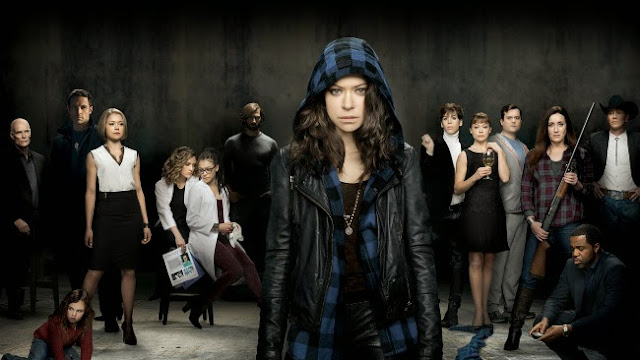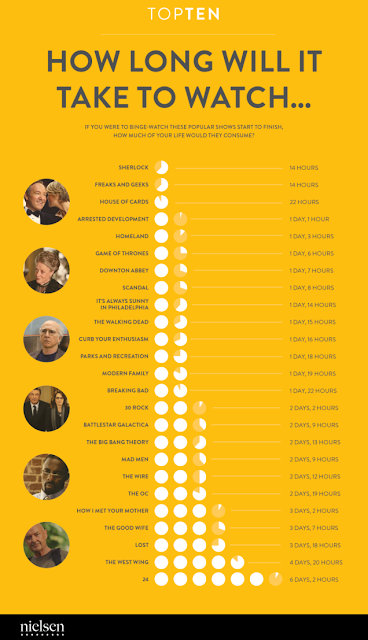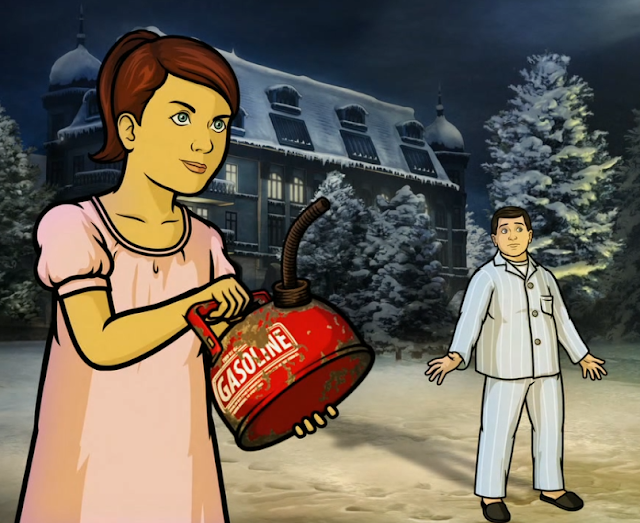Somebody who goes by "LOSANGELENA" has combined two of my favorite things: the atrocious, unintentionally funny and long-out-of-print 1966 showbiz melodrama The Oscar and the British R&B duo AlunaGeorge's 2014 joint "Supernatural." Actually, The Oscar isn't exactly one of my favorite things. I wouldn't say I like The Oscar. What I do like is chuckling over almost every inept element of this Harlan Ellison-scripted, MST3K-worthy movie, from Stephen Boyd's overacting and his weird Hayden Christensen-esque voice (while he shrilly plays the part of Frankie Fane, an ambitious Hollywood asshole who ends up becoming an Oscar contender) to the equally shrill Tony Bennett's visible nervousness in his first acting role.
It's no wonder that the singer of "I Left My Heart in San Francisco" and "Rags to Riches" never acted again, aside from his cameos during The Simpsons, Muppets Most Wanted and Alec Baldwin's endlessly quotable "Tony Bennett Show" sketch on SNL. The only stars in The Oscar who give what could be considered non-cringeworthy and not-so-clichéd performances are a non-comedic Milton Berle as an oddly principled talent agent and an equally non-comedic Jack Soo as an Asian houseboy who--and this is kind of remarkable because this is a movie from the not-exactly-racially-enlightened '60s--doesn't have an accent. It's funny how the two stand-up comics in the Oscar cast--two guys who weren't known for possessing dramatic chops when they were alive--give the least cringeworthy and most naturalistic performances in the whole movie.
 |
| (Photo source: Catfan's Feline Fatale Follies) |
The best way to approach this kind of soapy "I don't give a shit who I bang or who I ruin to climb my way to the top" material is to do it as a comedy. That's why I love Walk Hard: The Dewey Cox Story, which is so razor-sharp in its humor that it's made it difficult to take any musician biopic seriously anymore. Walk Hard takes musician biopic clichés like any scene where a white musician as a kid appropriates black musicians' sounds, basically says to the audience, "Hasn't this always looked ridiculous and stupid to you?," and then proceeds to make those clichés look even more ridiculous and stupid.
Instead, The Oscar plays it completely dead serious when it should be, oh, I don't know, more like Soapdish or the forgotten WB single-camera sitcom Grosse Pointe, which was basically Soapdish for the 90210/Dawson's Creek crowd--or better yet, more like John Waters. In fact, in an alternate universe far more entertaining than our own, The Oscar was probably directed by John Waters instead of being under the hacky, mid-'60s network TV-ish direction of D.O.A. co-writer Russell Rouse, with Divine in the role of a feminized Frankie Fane. And then in another alternate universe even more entertaining than that one, The Oscar was directed by Russ Meyer. Either of those guys would have transformed The Oscar into a comedic masterpiece.
This 1966 atrocity--which would have swept the Razzies had the Razzies existed in the '60s--is not on DVD. The only place where viewers can catch The Oscar is TCM, which shows a terrible-looking print. That's where I saw The Oscar and realized that as a dramatic actor, Tony Bennett is a decent watercolor painter. The movie features a striptease by future Bond girl Jill St. John that I assume was racy for its pre-Who's Afraid of Virginia Woolf?/Blow-Up time, and that's the scene from The Oscar that "LOSANGELENA" perfectly mashed up with singer Aluna Francis and producer George Reid's pulsating "Supernatural," along with footage from some late '60s Italian sexploitation flick I'm not familiar with.
I get more enjoyment out of the mash-up of The Oscar and AlunaGeorge than I ever would out of the tedious Oscar telecast--which I haven't watched in eons--and its annual array of frustrating snubs and overall out-of-touchness. Instead of dozing off during the 20,528th Chuck Workman montage of the night or fuming over "Selma is a well-crafted movie, but there’s no art to it" (I'd like to know what drugs that Academy member was on) and the absences of Selma star David Oyelowo and his director Ava DuVernay in the Oscar categories (plus the absences of a few other actors of color who delivered exceptional performances that went unrecognized), I'll be spending time with The Walking Dead, where an Asian American guy gets to be a hero who gets the girl for a change and actors of color like Steven Yeun and Danai Gurira receive far juicier material than the hackneyed kind the Academy would rather pay attention to when one or two actors of color actually do enter their often fucked-up radar.










